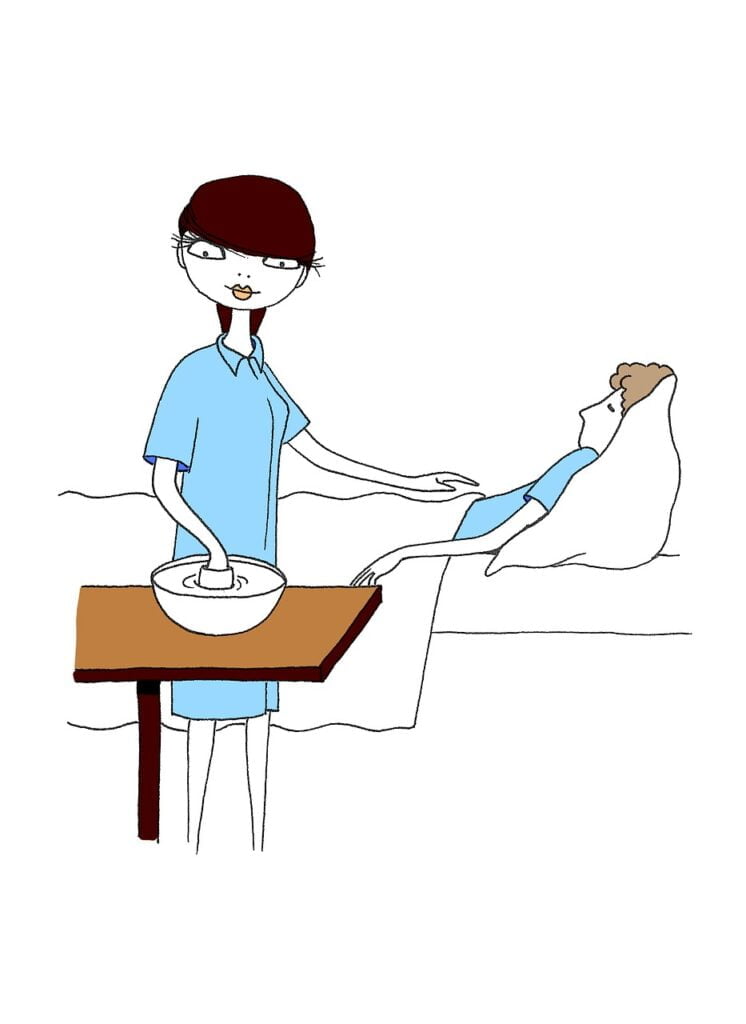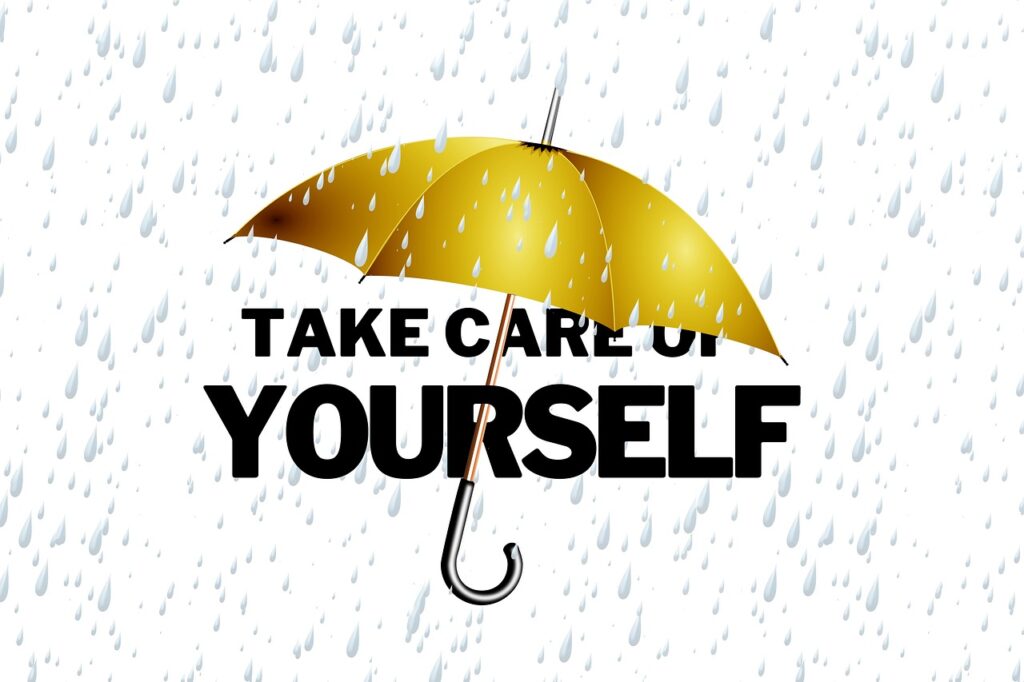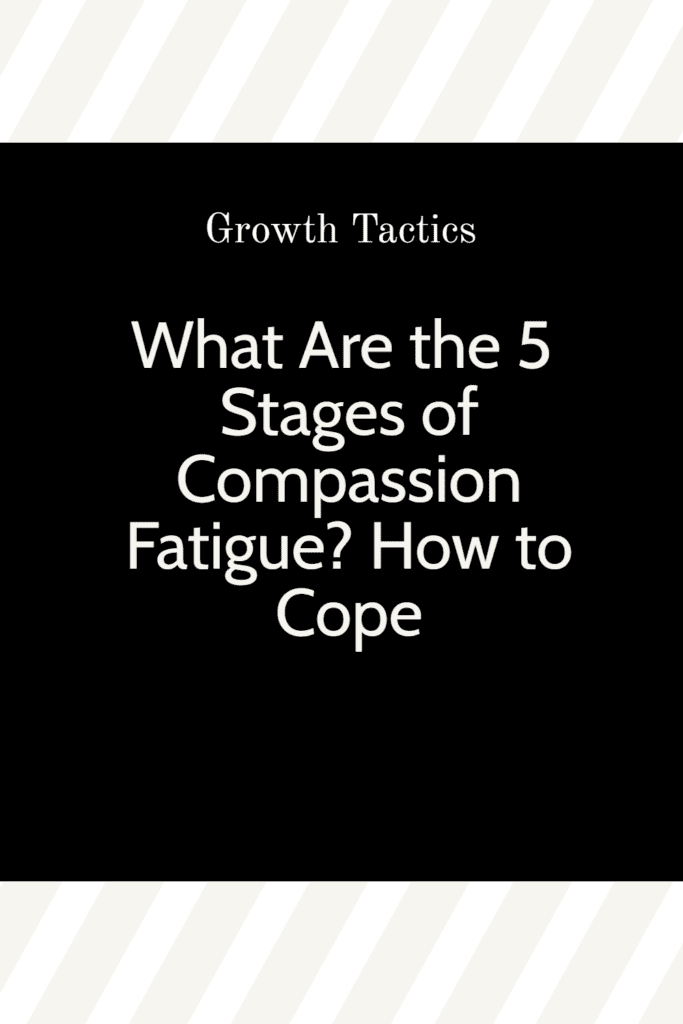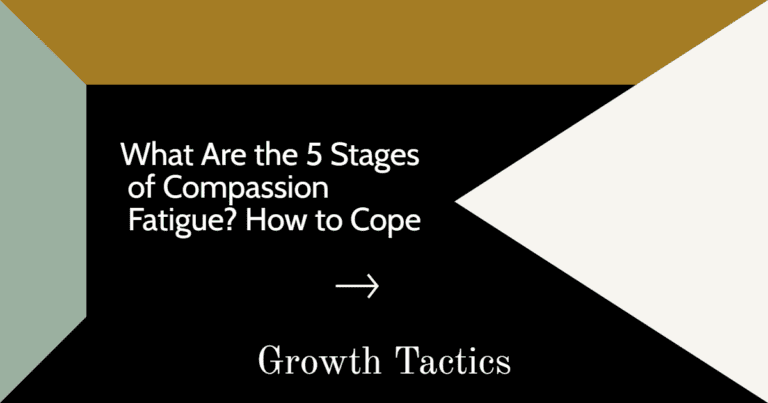Have you ever felt emotionally drained, like you’ve given so much of yourself to others that there’s nothing left for you? If that sounds familiar, then you might be experiencing something called compassion fatigue. In this article, we’re going to explore the 5 stages of compassion fatigue and provide you with practical strategies on how to cope.
Whether you’re a caregiver, a healthcare professional, or just someone who deeply cares about others, understanding and navigating compassion fatigue is crucial for your own well-being. So, let’s get right into this topic and discover how to maintain our inner spark while still caring for others.

Jump To Section
Understanding Compassion Fatigue
Let’s start by breaking down what exactly compassion fatigue is. Picture this: You’re a caring individual, always going above and beyond to support others. But over time, you begin to feel emotionally depleted, physically exhausted, and even disconnected from the very people you’re trying to help. That, my friend, is compassion fatigue.
Compassion fatigue, also known as secondary traumatic stress, is a state of physical, emotional, and mental exhaustion resulting from prolonged exposure to traumatic events or constantly caring for others who are suffering. It often affects individuals in helping professions like nurses, therapists, social workers, or even those who provide support to loved ones facing difficult circumstances.
Causes of Compassion Fatigue
Now, you might be wondering, “What leads to compassion fatigue?” Well, my friend, several factors can contribute to its development. Consider these:
- Continuous exposure to trauma: Being exposed to the pain and suffering of others, particularly in traumatic situations, can take a toll on even the most compassionate souls.
- Lack of self-care: Pouring all your energy into caring for others without taking care of yourself can leave you feeling emotionally drained and vulnerable to compassion fatigue.
- Emotional investment: When you deeply empathize with the individuals you’re helping, their struggles can resonate with you, leading to emotional exhaustion.
- Excessive workload: Professionals with heavy workloads, long hours, or limited resources may find it challenging to meet the demands of those in need, leading to burnout and compassion fatigue.

Signs and Symptoms of Compassion Fatigue
It’s crucial to be aware of the signs and symptoms of compassion fatigue, as early recognition allows for better coping mechanisms and intervention. Here are some common indicators to watch out for:
- Emotional exhaustion: Feeling drained, overwhelmed, and numb to the emotions of others.
- Reduced empathy: Difficulty connecting with and understanding the experiences of those you’re helping.
- Physical symptoms: Persistent fatigue, sleep disturbances, headaches, and a compromised immune system.
- Increased irritability: Becoming easily agitated, impatient, or experiencing mood swings.
- Withdrawal and social isolation: Pulling away from loved ones and social activities.
Compassion fatigue can have a significant impact on your well-being and the quality of care you provide, so recognizing these signs is a crucial step toward addressing it. Now that we have a better understanding of the stages and causes of compassion fatigue, let’s explore some coping mechanisms in the next section.
Compassion fatigue can have a significant impact on your well-being and the quality of care you provide, so recognizing these signs is a crucial step toward addressing it. Now that we have a better understanding of the stages and causes of compassion fatigue, let’s explore some coping mechanisms in the next section.
Difference Between Compassion Fatigue and Burnout
Compassion fatigue and burnout, though frequently connected, are separate feelings that emerge from the pressures of caregiving and careers. Whereas compassion fatigue is linked to your emotional engagement with patients or clients, burnout is more general and can be caused by excessive workloads, lack of support, and inadequate resources.
Knowing the distinctions is critical for people to tackle their psychological well-being and sustain their ability to provide care.
The Five Stages of Compassion Fatigue

Stage 1: The Zealot Stage
In this stage, you find yourself eager to make a difference and lend a helping hand. You’re full of enthusiasm and zeal, ready to tackle any challenge that comes your way. Your heart is in the right place, and you genuinely believe you can make a positive impact in the lives of others. However, this intense passion can sometimes lead to a misstep if you’re not careful. It’s important to maintain a balance and ensure you’re not taking on more than you can handle.
Stage 2: Denial
Here comes the tricky part, denial. It’s the stage where you start brushing off any signs that indicate you might be experiencing compassion fatigue. You convince yourself that everything is fine, and there’s no reason to worry. But deep down, there may be some whispers of discomfort, a sense that things might not be as rosy as they seem. It’s crucial to recognize that denial won’t make the fatigue magically disappear. By acknowledging the signs early on, you can take proactive steps to address them.
Stage 3: Intrusion
It’s the stage where the emotional toll of constant exposure to suffering and trauma begins to seep into your own life. Intrusive thoughts, nightmares, and flashbacks start creeping in, as if the weight of the world is resting on your shoulders. You may find it challenging to switch off from the pain you witness, even when you’re off the clock. This stage serves as a reminder that compassion fatigue is not just a professional issue. It affects your well-being on a deeply personal level too.
Stage 4: Irritability and Withdrawal Stage
Ah, the stage that brings out the “grumpy cat” in all of us. As compassion fatigue intensifies, you may notice a shift in your demeanor. Little things that didn’t bother you before suddenly become major irritants. You might have a shorter fuse, snapping at others more frequently. Social withdrawal becomes tempting as you yearn for solace and time to recharge. This stage is a clear signal that taking care of your own well-being is essential. Self-care becomes non-negotiable.
Stage 5: Exhaustion and Burnout
And finally, we arrive at the last and most challenging stage—Exhaustion and Burnout. After battling the previous stages, your energy reserves have been depleted. You feel emotionally drained, physically fatigued, and mentally exhausted. The passion that once fueled your compassion seems to have vanished, leaving you feeling empty. Burnout takes its toll on your ability to provide quality care. Recognizing this stage is crucial as it indicates the need for rest, self-care, and support to rebuild, renew, and find your way back to a healthier state of well-being.
Understanding the five stages of compassion fatigue is vital in navigating its challenges. While it may feel like an uphill journey, remember that you’re not alone. Through awareness, self-care, and seeking support, it’s possible to overcome compassion fatigue and reclaim your well-being. So, let’s move on to the next section, where we’ll explore strategies to cope and find balance in the face of compassion fatigue.

Preventing and Treating Compassion Fatigue
Alright, my friend, now that we know the ins and outs of compassion fatigue, it’s time to equip ourselves with some powerful strategies to prevent and cope with it. After all, taking care of our own well-being is just as important as caring for others.
Self-Care Practices: Nurture Your Own Well-being
When it comes to preventing and combating compassion fatigue, self-care practices are like the superheroes that come to your rescue. Here are a few tips to nurture your own well-being:
- Prioritize Self-Care Rituals: Dedicate time to activities that bring you joy and rejuvenation. Whether it’s taking a bubble bath, going for a walk in nature, or indulging in a hobby, make self-care a non-negotiable part of your routine.
- Practice Mindfulness: Engage in mindfulness techniques, such as deep breathing exercises or meditation, to help ground yourself in the present moment. Mindfulness can be a powerful tool for reducing stress and promoting emotional well-being.
- Physical Well-being: Take care of your physical health by nourishing your body with nutritious food, getting enough sleep, and engaging in regular exercise. Physical well-being contributes to your overall resilience and ability to handle the challenges of compassion fatigue.
Setting Boundaries: Protect Your Energy
Ah, boundaries, the protectors of your energy and well-being. When it comes to coping with compassion fatigue, setting boundaries is key. Here’s how you can establish and maintain healthy boundaries:
Establish Emotional Boundaries: While empathy is important, remember to maintain emotional distance between yourself and those you are helping. Find ways to empathize without absorbing or internalizing their pain. This can help protect your own emotional well-being.
Learn to Say No: Understand that it’s okay to decline additional responsibilities or requests when you’re feeling overwhelmed. Remember, you can’t pour from an empty cup. By saying no, you’re preserving your energy and focusing on what truly matters.
Create Work-Life Balance: Strive for a healthy balance between your professional and personal life. Set aside time for activities that bring you happiness and allow you to recharge. Remember, you don’t have to be constantly available or on-call to be effective in your role as a caregiver.

Seeking Support: You’re Not Alone
Remember, my friend, you are not alone in this journey. Seeking support from others is a vital aspect of preventing and coping with compassion fatigue. Here’s how you can reach out for the support you need:
Practice Reflective Supervision: For professionals in caregiving roles, engaging in reflective supervision can be immensely helpful. This process involves regular meetings with a supervisor or mentor to discuss your experiences, challenges, and strategies for self-care. It provides a space to process emotions and gain valuable insights.
Build a Support Network: Surround yourself with a network of supportive individuals who understand the challenges you face. This can be fellow caregivers, friends, or family members who provide a listening ear and offer guidance.
Seek Professional Help: If you find that compassion fatigue is taking a toll on your overall well-being and you’re struggling to cope, don’t hesitate to seek professional help. Therapists, counselors, or support groups specializing in compassion fatigue can provide valuable guidance and tools to navigate through this experience.
In Conclusion
Remember, my friend, preventing and coping with compassion fatigue is not a one-size-fits-all approach. It’s about finding what works best for you and incorporating these strategies into your unique journey. By prioritizing self-care, setting boundaries, and seeking support, you’re taking active steps in maintaining your well-being and resilience. So, take a deep breath, believe in your strength, and let’s navigate this path together!


